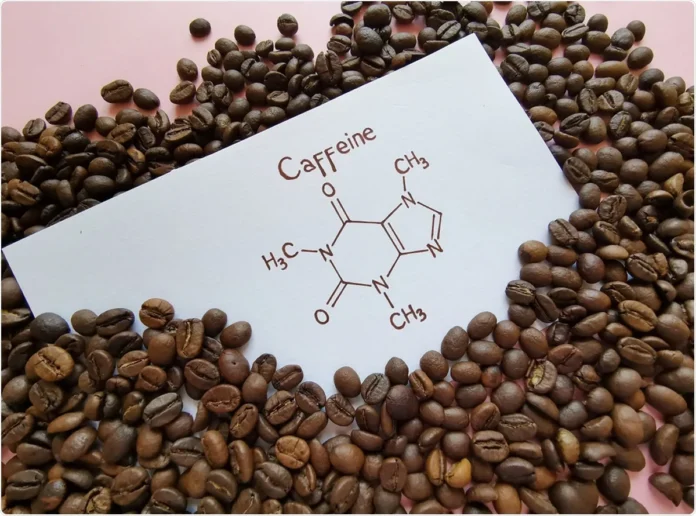If you’re even tangentially related to the tech world, you’ve probably heard an awful lot about Quantum Computing recently. But what exactly is it? Why is it useful? What is the point? And what does it mean for the future of computers for everyday people like you and me?
What is Quantum Computing?
The basic idea behind quantum computing is that rather than having binary 1’s and 0 build the computer, you have a range of values between 0 and 1, determined by the superposition and entanglement of subatomic particles in the computer. Now this may sound scary, but it’s actually quite similar to what’s going on in your normal computer. The 1’s and 0’s you always hear about making up binary are actually just electrons. Electrons either flow through transistors (producing a 1) or they don’t (0). Computers have always relied on sub-atomic particles, we’re just changing which ones we rely on with quantum computing.
Quantum computers were proposed in the 1980s by Richard Feynman and Yuri Manin. But it wasn’t until 1998 that Isaac Chuang at Massachusetts Institute of Technology (MIT) and Mark Kubinec of the University of California at Berkeley created the first quantum computer (2-qubit) that could be loaded with data and output a solution. These computers have been theorized for a long time, but only recently are starting to become viable tools.
What does that mean for me?
Now, before we continue, I want to be clear that in the next 10-20 years, consumers will not be using quantum computing in their homes. There are a lot of advantages we’ve found to using the range of values that quantum provides, but those advantages are not currently applicable to daily users checking emails or watching videos; what they are good for is searching databases.
What is Quantum Computing useful for, then?
Binary-based computers are particularly bad at searching for values. In fact, most search algorithms are just special tricks to get around how bad computers are at finding values in a dataset. This is because binary values have to check each value they come across one at a time and “label” each one as not the object they’re looking for. What quantum computing allows is, rather than going one-by-one, searching all (or many of the) values at the same time.
In a similar vein, quantum computing is quite good at modeling possible outcomes of situations because rather than having to cycle through each scenario one at a time – like a binary computer – it can process many different models at once. These advancements will be massive for many areas of scientific study by exponentially decreasing the amount of time/resources computing models takes.
Closing thoughts
If you are an average consumer like me, these advancements won’t affect you directly for many years, but I estimate we will be seeing faster scientific breakthroughs in coming years as computing time continues to decrease.
Sources and Extra Reading
Chuang, Isaac L.; Gershenfeld, Neil; Kubinec, Markdoi (April 1998). “Experimental Implementation of Fast Quantum Searching”.
Gibney, Elizabeth (23 October 2019). “Hello quantum world! Google publishes landmark quantum supremacy claim”.
S. J. Pauka, K. Das, R. Kalra, A. Moini, Y. Yang, M. Trainer, A. Bousquet, C. Cantaloube, N. Dick, G. C. Gardner, M. J. (2021). “A cryogenic CMOS chip for generating control signals for multiple qubits”.
Yanofsky, Noson S.; Mannucci, Mirco (2013). Quantum computing for computer scientists. Cambridge University Press. pp. 144–147, 158–169. ISBN 978-0-521-87996-5.



